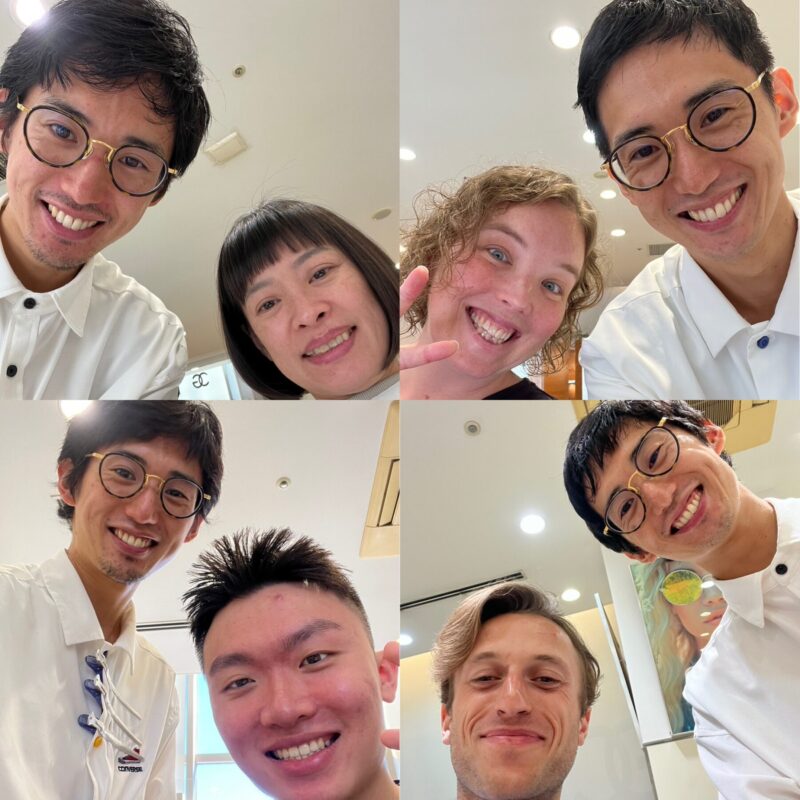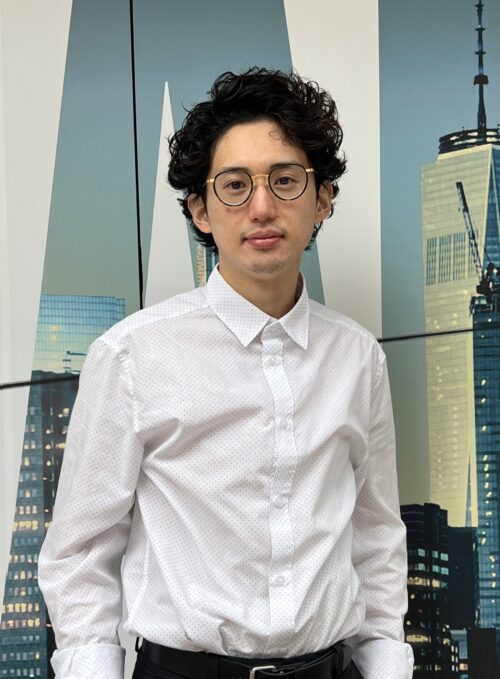Why I Don’t Ask “What Kind of Hairstyle Do You Want Today?”
When you go to a hair salon, haven’t you been asked something like this at the beginning?
- “What kind of hairstyle do you want today?”
- “How many centimeters should I cut?”
- “What color would you like?”
- “Do you want a perm?”
Of course, some people can respond clearly to these questions.
But many people may feel, “I can’t explain it well,” or “I don’t know what suits me.”
What if a hair salon were like a hospital?
Let’s say you have a fever and go to the hospital.
What if the doctor started by asking you questions like these?
- “Would you prefer treatment A or B?”
- “How many days’ worth of medication would you like?”
- “Shall we do an IV drip?”
You’d probably think, “Wait, I came here for the professional to decide…”
I feel the same kind of situation happens at salons, too.
It’s okay not to know
Hairstyles aren’t a matter of life and death,
but they greatly influence your mood, impression, and sense of self.
That’s why people don’t want to get it wrong,
and it’s totally natural to say, “I’m not sure, so I’ll just keep it the same.”
In fact, it’s said that we can only express about 5% of what we’re thinking or feeling through words.
The other 95% is often left vague or unspoken.
That’s why it’s so important for us, as hairstylists, to be sensitive to those unspoken things.
The true meaning of “Omakase”
You often hear “Omakase” at sushi restaurants or fine dining spots.
But it doesn’t mean “serve whatever you like.”
For top chefs, “Omakase” means:
- Understanding the guest’s preferences and atmosphere
- Sensing their condition and mood through conversation and expression
- Offering something beyond expectations through trust
It’s all based on the ability to deeply understand someone’s feelings.
Hairstylists are professionals too
We trust doctors with treatment.
We trust chefs with our meals.
But many people find it hard to fully trust hairstylists—
I believe that’s because hairstylists haven’t yet earned that trust.
It’s not just about technique or style; it’s about whether we truly understand how someone feels.
And I believe that’s what makes someone willing to trust us with their hair.
What Taka values most
That’s why I don’t start consultations by asking “What do you want to do today?”
- What’s been bothering them lately
- Their lifestyle and routines
- What kind of relationship they have with their hair
I listen carefully to those things, and then I make suggestions through “Omakase.”
But that doesn’t mean I take over or ignore their wishes.
I do my best to respect the customer’s feelings,
and with my experience and knowledge as a hairstylist, explore the best options together with them.
That’s what “Omakase” means to me.



